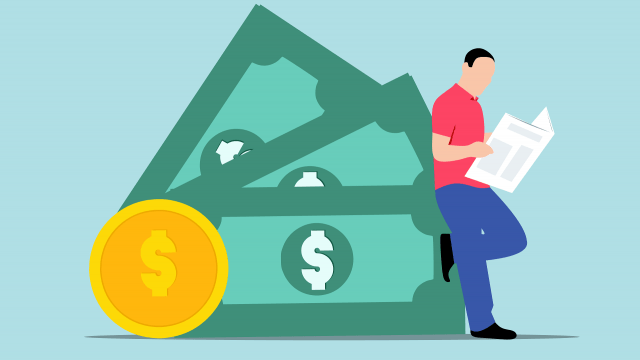Opinion: It's a good story, just don't expect voters to re-tell it around the Christmas BBQ

By Mark Kenny
A version of this article was originally published by The Canberra Times.
Treasurer Jim Chalmers has a strong story to tell in economic management, but who's listening?
A welter of negative polls in recent weeks suggests the Albanese Labor government is being defined by soaring prices and the punishing interest rates used to tame them.
A persistent cost-of-living crisis and an opposition held to a lower standard by sections of the media has the Labor caucus furtive as the tight 2025 contest looms.
They know in their bones that lived experience sways voters far more than abstract numbers, graphs and historical comparisons, no matter how much the latter exonerates a government.
Around the world, incumbent administrations have taken a beating, even when their respective economies have substantially recovered from post-pandemic inflation and functional recession.
For his entire time in the post, Dr Chalmers has been successfully walking a tightrope between the imperative to avoid new inflationary stimulus, and targeted assistance to shield households.
Hence there have been expenditures on rejigged tax cuts under a fairer stage three formula, energy bill subsidies, cheaper medicines and childcare, but surpluses, too.
Labor governments are rarely afforded the same presumption of mastery in economic management granted to the conservatives.
But if John Howard's old mantra holds true - that "good policy 'is' good politics" - the numbers Chalmers will unveil in the 2024-25 mid-year economic and fiscal outlook, combined with prospective interest rate cuts in 2025, suggest political recovery should follow.
They point to a six-year budget position which is some $200 billion healthier overall by 2027-28 compared to what the Treasury had mapped out in its independent pre-election economic & fiscal outlook (PEFO).
Of course, much has happened since then.
Nonetheless, Chalmers will say that this reflects fiscal discipline and compares favourably with the Coalition's performance which was "$140 billion worse in the first six years of the former government compared to the 2013 PEFO".
The consolidation comes despite significant revenue downgrades from company tax receipts and weaker mining export volumes reflecting softness in the Chinese economy.
These downgrades have shaved over $100 billion from revenue in the four years to 2027-28.
Chalmers says 78 per cent of revenue upward revisions, so far, have been returned to debt repayment and that average annual spending growth sits at a modest 1.5 per cent to 2027-28 or less than half of the average expansion rate of public expenditure over the preceding three decades.
"Our economic plan is all about fighting inflation, easing pressure on Australians and getting the budget in better shape, without slashing essential services or ignoring the risks to growth," he says.
Like I said, this is a good story, just don't expect voters to re-tell it around the Christmas BBQ.
Mark Kenny is the Director of the ANU Australian Studies Institute and host of the Democracy Sausage podcast.








